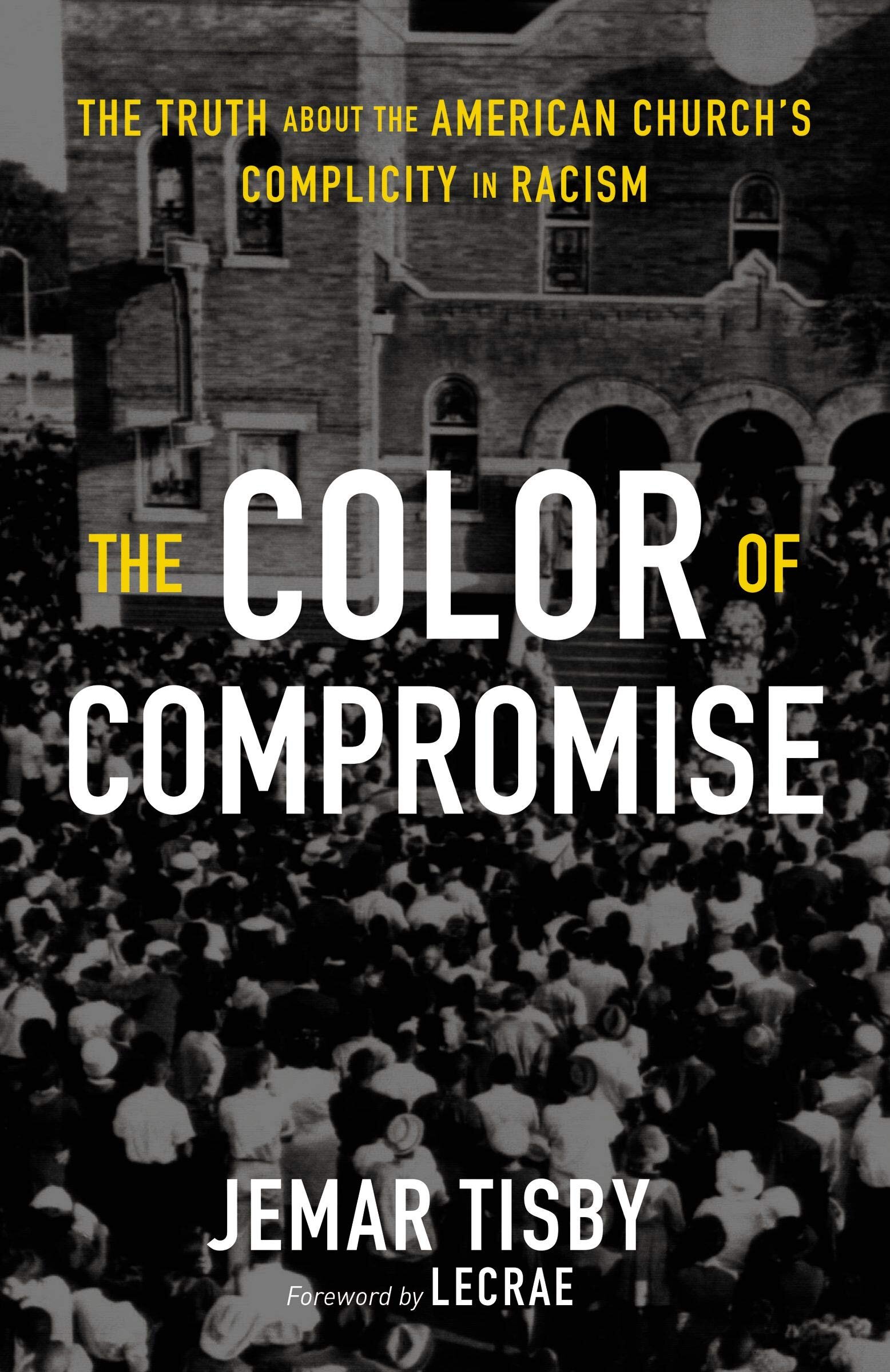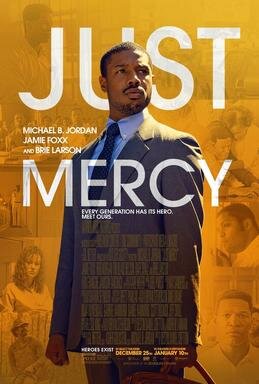RESOURCES ON RACIAL JUSTICE
Books
1) The COLOR OF COMPROMISE by JEMAR TISBY
The subtitle of this book says it all: The Color of Compromise: The Truth about the American Church’s Complicity in Racism. This book is both enlightening and compelling, telling a history most American Christians either ignore or simply don't know. Equal parts painful and inspirational, this book details how the American church has helped create and maintain racist ideas and practices. Tisby is a public historian with the ability to explore racial justice solutions and cultural conversations that compel listeners to action. Tisby brings history to bear with contemporary relevance. His style provides audiences with richly-informed explorations, unflinching moral insight, and clear paths forward. And most helpfully, the book helps guide the reader in thinking through concrete solutions for improved race relations and a racially inclusive church.
2) READING WHILE BLACK by ESAU MCCAULLEY
(Christianity Today Book Award 2020)
Reading While Black is a personal and scholarly testament to the power and hope of Black biblical interpretation. At a time in which some within the African–American community are questioning the place of the Christian faith in the struggle for justice, New Testament scholar McCaulley argues that reading Scripture from the perspective of Black church tradition is invaluable for connecting with a rich faith history and addressing the urgent issues of our times. He advocates for a model of interpretation that involves an ongoing conversation between the collective Black experience and the Bible, in which the particular questions coming out of Black communities are given pride of place and the Bible is given space to respond by affirming, challenging, and, at times, reshaping Black concerns. McCaulley demonstrates this model with studies on how Scripture speaks to topics often overlooked by white interpreters, such as ethnicity, political protest, policing, and slavery.
Ultimately McCaulley calls the church to a dynamic theological engagement with Scripture, in which Christians of diverse backgrounds dialogue with their own social location as well as the cultures of others. Reading While Black moves the conversation forward.
3) HEALING RACIAL TRAUMA by Sheila Wise Rowe
(Christianity Today Book Award 2020)
People of color have endured traumatic histories and almost daily assaults on their dignity. As a child, Sheila Wise Rowe was bussed across town to a majority white school, where she experienced the racist lie that one group is superior to all others. Rowe outlines how this lie continues to be perpetuated today by the action or inaction of the government, media, viral videos, churches, and within families of origin. In this book, Rowe (a professional counselor) provides a thorough examination of the nature and impact of racial trauma. Vividly, she helps us walk in the shoes of black people in America and understand the realities they face, but ultimately for the sake of pointing the way toward hope and healing. Her blend of biblical insights, personal stories, historical background, and cultural analysis makes for a helpful and timely read. It challenges readers of color to embrace the influence of racial trauma upon their own life and to invite others toward a journey that acknowledges both the pain and the healing that is possible.
4) Be The Bridge by Latasha Morrison
(Christianity Today Book Award 2019)
Morrison is the founder of the non-profit organization Be the Bridge to Racial Unity, which develops curricula for small groups to equip people to move toward relationship and deeper understanding in the midst of a divisive culture. In this bestselling guide, Be the Bridge: Pursuing God's Heart for Racial Reconciliation, Morrison weaves together the history of racism in America and a theological vision for unity with discussion questions, liturgies, and advice for early bridge builders. Her book will hold your feet to the fire and offer you a cup of cold water in Jesus’ name, all at the same time.
5) JUST MERCY by BRYAN STEVENSON
(Winner, Carnegie Medal for Excellence in Nonfiction)
Bryan Stevenson was a young lawyer when he founded the Equal Justice Initiative, a legal practice dedicated to defending those most desperate and in need: the poor, the wrongly condemned, and women and children trapped in the farthest reaches of our criminal justice system. One of his first cases was that of Walter McMillian, a young man who was sentenced to die for a notorious murder he insisted he didn’t commit. The case drew Stevenson into a tangle of conspiracy, political machination, and legal brinksmanship—and transformed his understanding of mercy and justice forever. Just Mercy is at once an unforgettable account of an idealistic, gifted young lawyer’s coming of age, a moving window into the lives of those he has defended, and an inspiring argument for compassion in the pursuit of true justice. It demonstrates, as powerfully as any book on criminal justice that I’ve ever read, the extent to which brutality, unfairness, and racial bias continue to infect criminal law in the United States. But at the same time that Stevenson tells an utterly damning story of deep-seated and widespread injustice, he also recounts instances of human compassion, understanding, mercy, and justice that offer hope. Just Mercy is a remarkable amalgam, at once a searing indictment of American criminal justice and a stirring testament to the salvation that fighting for the vulnerable sometimes yields.
6) THE THIRD OPTION by MILES MCPHERSON
Miles McPherson is writing as a black man, and also as a pastor. This is a pastoral book (not a historical treatise) from a man who has helped lead a racially-diverse local church in San Diego. His wit and honesty about the ways we can be racially insensitive and even offensive to each other - and how to avoid those moments, talk through those moments, and forgive each other for those moments is a testament to McPherson’s desire to see Christians learn and grow from those moments. And McPherson adamant insistence that Christians do so SO THAT we might model a loving family that sees the inherent worth of every human as image-bearers of God is helpful.









